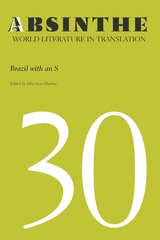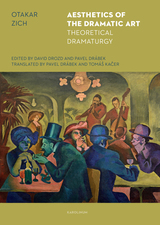
This collection of essays addresses a number of questions regarding the role of consent in marriage and in sexual relations outside of marriage in ancient and medieval societies. Ranging from ancient Greece and Rome to the Byzantine Empire and Western Medieval Europe, the contributors examine rape, seduction, and the role of consent in establishing the punishment of one or both parties; the issue of marital debt and spousal rape; and the central question of what is perceived as coercion and what may be the validity or value of coerced consent. Other concepts, such as honor and shame, are also investigated.
Because of the wide range--in time and place--of societies studied, the reader is able to see many different approaches to the question of consent and coercion as well as a certain evolution, in which Christianity plays an important role.
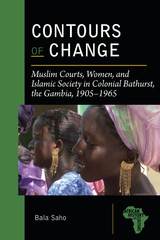
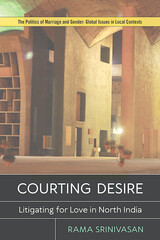
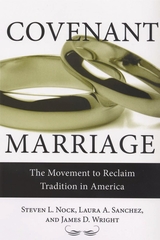
This book explores a movement that emerged over the past fifteen years, which aims to do just that. Guided by certain politicians and religious leaders who herald marriage as a solution to a range of longstanding social problems, a handful of state governments enacted "covenant marriage" laws, which require couples to choose between a conventional and a covenant marriage. While the familiar type of union requires little effort to enter and can be terminated by either party unilaterally, covenant marriage requires premarital counseling, an agreement bound by fault-based rules or lengthy waiting periods to exit, and a legal stipulation that divorce can be granted only after the couple has received counseling.
Drawing on interviews with over 700 couples-half of whom have chosen covenant unions-this book not only evaluates the viability of public policy in the intimate affairs of marriage, it also explores how growing public discourse is causing men and women to rethink the meaning of marriage.
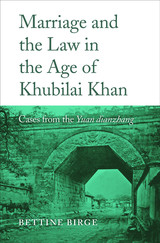
The Mongol conquest of China in the thirteenth century and Khubilai Khan’s founding of the Yuan dynasty brought together under one government people of different languages, religions, and social customs. Chinese law evolved rapidly to accommodate these changes, as reflected in the great compendium Yuan dianzhang (Statutes and Precedents of the Yuan Dynasty). The records of legal cases contained in this seminal text, Bettine Birge shows, paint a portrait of medieval Chinese family life—and the conflicts that arose from it—that is unmatched by any other historical source.
Marriage and the Law in the Age of Khubilai Khan reveals the complex, sometimes contradictory inner workings of the Mongol-Yuan legal system, seen through the prism of marriage disputes in chapter eighteen of the Yuan dianzhang, which has never before been translated into another language. Birge’s meticulously annotated translation clarifies the meaning of terms and passages, some in a hybrid Sino-Mongolian language, for specialists and general readers alike. The text includes court testimony—recorded in the vivid vernacular of people from all social classes—in lawsuits over adultery, divorce, rape, wife-selling, marriages of runaway slaves, and other conflicts. It brings us closer than any other source to the actual Mongolian speech of Khubilai and the great khans who succeeded him as they struggled to reconcile very different Mongol, Muslim, and Chinese legal traditions and confront the challenges of ruling a diverse polyethnic empire.
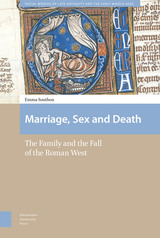
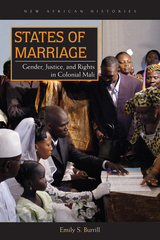
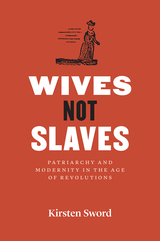
Kirsten Sword’s richly researched history reconstructs the stories of wives who fled their husbands between the mid-seventeenth and early nineteenth centuries, comparing their plight with that of other runaway dependents. Wives not Slaves explores the links between local justice, the emerging press, and transatlantic political debates about marriage, slavery and imperial power. Sword traces the relationship between the distress of ordinary households, domestic unrest, and political unrest, shedding new light on the social changes imagined by eighteenth-century revolutionaries, and on the politics that determined which patriarchal forms and customs the new American nation would—and would not—abolish.
READERS
Browse our collection.
PUBLISHERS
See BiblioVault's publisher services.
STUDENT SERVICES
Files for college accessibility offices.
UChicago Accessibility Resources
home | accessibility | search | about | contact us
BiblioVault ® 2001 - 2025
The University of Chicago Press


